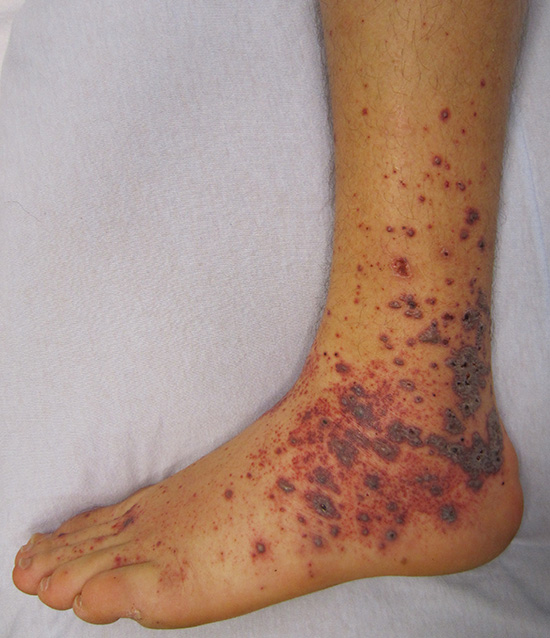Laser Scar Removal
Laser scar removal is one of the most popular laser procedures used today for reducing the appearance of scars. The laser treatments available today can reduce a scars' appearance by at the very least 50% if not as much as 80%.
Laser therapy can be used to remove scars on the facial area or any other part of the body on which scars have occurred.
Good Candidates for Laser Therapy
Who should consider this procedure? People with keloid scarring, raised scars, deep wrinkles, or depressed scars caused by acne or other skin diseases are all excellent candidates for laser treatments. African-Americans were once considered at-risk candidates for laser surgery, but now there are procedures that work well on darker skin as well as lighter skin.
Who Shouldn't Opt for Laser Therapy?
People suffering with dermatitis, psoriasis, or cystic acne should avoid laser procedures completely. Certain medications can react adversely in the body during laser treatment, so be sure to talk with your physician about your medications. It's also important to note that people with sensitive skin have sometimes experienced severe skin irritation following laser scar removal therapies.
How Does the Procedure Work?
The patient will sometimes undergo general anesthesia, but most of the time a local anesthetic is used to perform the scar removal process. Removal of minor or smaller scars don't usually require anesthetic. Some doctors opt to perform surgery in their office while others opt for a hospital setting.
Scars are reduced with a laser that is moved along the edges of the scar to remove the top layer of skin or the laser is used to target deeper layers of the skin in order to boost healthy collagen growth, which means the scar would heal itself from the inside of the skin to the outside of the skin.
Laser therapy takes roughly 1-3 hours for the procedure and several days of healing following the procedure. Your physician will likely recommend that you wash and dry the treated area gently, apply the prescribed antibiotic, and then cover with a bandage until the treated area is significantly healed. Many times an oral antibiotic is prescribed for a short time. The typical time frame for follow up with your physician is around 4 to 6 weeks after the surgery.
Types of Lasers for Removing Scars
- CO2 laser treatment - an ablative laser that is often used to remove acne scars. The laser basically blasts away the top layer of skin. You'll require significant time for healing from this type of laser therapy.
- YAG laser treatment - this is also an ablative laser effective for removing acne scars, but it's not as damaging as the CO2 laser. The YAG treatment uses short-pulsed light bursts to remove the appearance of a scar.
- IPL or Intense Pulsed Light - intense pulses of light are directed at the scar. This type of laser therapy is used primarily for scars that have appeared as a result of too much time spent in the sun.
- Pulsed Dye laser treatment - scar tissue is removed using specified wavelengths of flashing light focused on skin tissue underneath the skin's surface. Considered non-ablative since the skin surface is not burned away during treatment, but instead targets the collagen under the skin in order to jump start new collagen growth to heal the scar.
Benefits of Laser Scar Removal
- Significant reduction of appearance of scar
- Outpatient surgery - recovery at home
- Targets affected skin only
Drawbacks of Laser Scar Removal
- Results might last for 2 years or a maximum of 5 years
- Laser procedures have to be repeated in order to keep the scar from appearing again
- Invasive procedure
- Can cause additional scarring of the skin
- Risk of infection
- Dry and red skin around the treated area
- Abnormal skin pigmentation possible side effect
- Takes about four days to see any healing and beginning of results
- Not terribly effective on some keloid scars
- Most often not covered by insurance
Cost of Laser Therapies
The cost of laser treatments vary greatly depending on several factors such as the type of scar, depth of the scar, the number of surgeries required to reduce the scar, the type of facility in which the surgery is performed, and the type of laser used for your surgery.
A general price range might be as low as $500 and as much as $5,000 and up, but it's almost impossible to pinpoint how much your surgery would cost without knowing specific factors. Talk to your physician and your insurance company to see if either can give you a ballpark figure before making any decisions.
Home > Scarring Healing > Laser Scar Removal









New! Comments
Share your thoughts about what you just read! Leave me a comment in the box below.